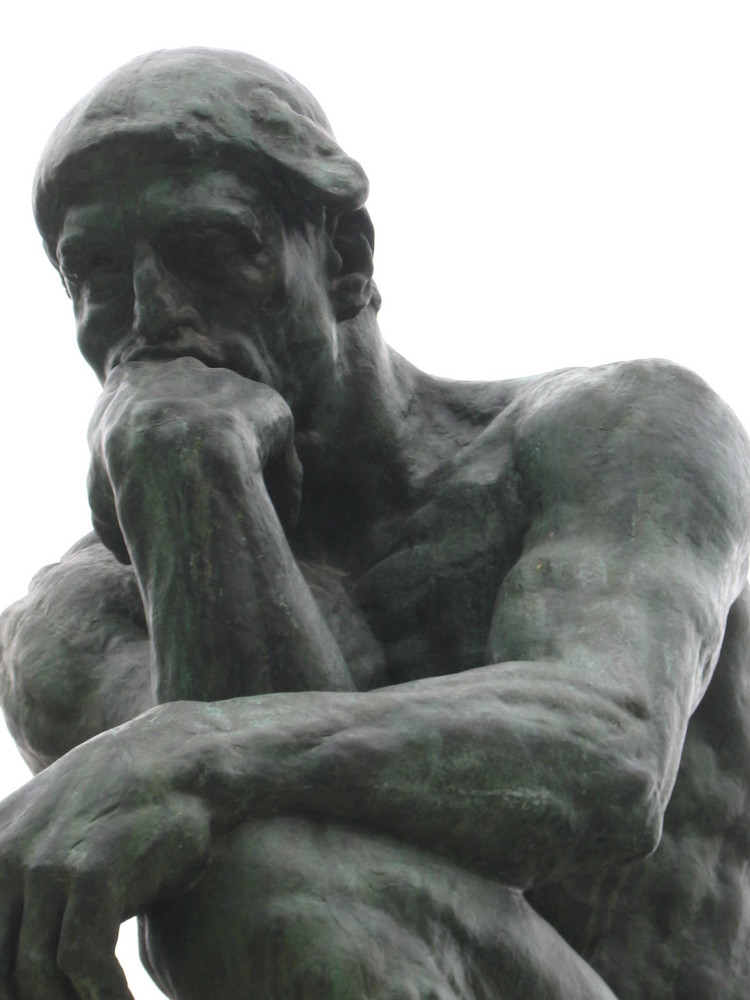A Strange Kind of Knowledge
Among all the stories we have in our heads, there is a really strange kind with its own objects, but for which philosophers cannot agree on where these objects live, and whether these objects pre-exist their discovery or whether we make them up in our minds as we go. That is mathematics.
The natural sciences are concerned with making statements that describe Nature, and rely on verification by using Nature as an arbiter of truth. A statement in natural science becomes knowledge when we have a model for it, and when it corresponds to what happens in Nature. But this not how mathematics works. Mathematics, at least the finished product it aims towards, certainly not its day to day processes, talks about immaterial objects, and relies on proof and logic as its method of verification. Where the physical sciences go outside of our heads to verify their claims against Nature - I will call that “external verification”, mathematics stays squarely inside our heads, it only relies on human logic to justify itself.
Mathematics proceeds from arbitrary axioms via logic to deduce theorems. It is a highly tautological procedure, and in some sense, the deduced theorems do not contain more knowledge than is contained in the axioms. They are just unavoidable, ironclad consequences of the axioms. The axioms themselves are essentially arbitrary, and mathematicians are free to choose any consistent set of axioms they want to start deducing theorems. It used to be that axioms were thought to be true of the natural world, but mathematics has grown beyond that stage since the advent of non-Euclidean geometries, when it was realized that the axiom of the parallel in geometry was contingent, that is, it could be altered, and new types of geometries, completely consistent with the new set of axioms, could be obtained. But it was realized even before that mathematical objects, such as lines that have no width in geometry, are in fact idealized objects. These objects do not exist in Nature, and mathematics is not necessarily or directly interested in explaining Nature.
Mathematical knowledge is in fact entirely inter-subjective, because mathematics relies on verification via logical proofs, and reasonable participants in mathematics have no choice but to accept correct proofs. So here we have a second mechanism to acquire knowledge, involving a verification process again, to push the statements of that knowledge into the collective inter-subjectivity, just like in the Natural sciences. The big difference though is that also science talks about Nature, mathematics does not, intrinsically, talk or specially care about Nature.
Another troubling fact about mathematics is that even the logic it relies on can be altered and the game of deduction can still be carried on. So, not only can axioms be chosen more or less arbitrarily, but the logic used to derive theorems can also be varied!
